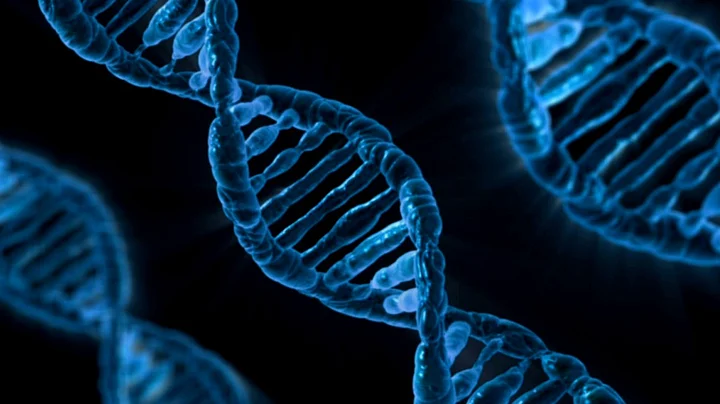Attention Deficit Hyperactivity Disorder (ADHD) is a mental and behavioural disorder affecting 5 per cent of children and 2.5 per cent of adults worldwide. A recent study has attempted to uncover genetic variants that might lead to the development of this disorder.
The study, published online in the journal Nature Genetics, stated that while common genetic variants contribute substantially to ADHD susceptibility, no variants have been singularly associated with ADHD.
In the words of Professor Anders Børglum, co-author of the research, from Aahus University in Denmark,
We know that it is highly heritable. Among all the causes that can lead to ADHD, genetic factors account for between 70 per cent and 80 per cent.
Researchers analysed the genomes of 20,183 individuals diagnosed with ADHD and 35,191 of those who were not suffering from the condition, to eventually identify 12 independent loci in the genome where changes increase the risk of ADHD.
However, Børglum noted that these changes in the 12 regions did not account for even one percent of the genetic risk. “Those 12 regions are just representing the tip of the iceberg.”
Previous studies have shown a similarity between genetic variants commonly seen affecting ADHD and the ones seen in depression and insomnia.
As reported by The Guardian, Michelle Beckett, the chief executive of the charity ‘ADHD Action’, said that the results of the new study were exciting and could lead to a better understanding of the biology of the condition. But she said diagnosing ADHD on the basis of the newly discovered genetic variants alone would be unwise since it was not clear that everyone diagnosed with ADHD would have them.
We have only officially diagnosed the tip of the iceberg of individuals globally with ADHD, and further gene research is highly likely to uncover more variations that may be also responsibleMichelle Beckett
The study could help in the invention of new drugs that can possibly tackle the biological factors leading to the condition.
(At The Quint, we question everything. Play an active role in shaping our journalism by becoming a member today.)
